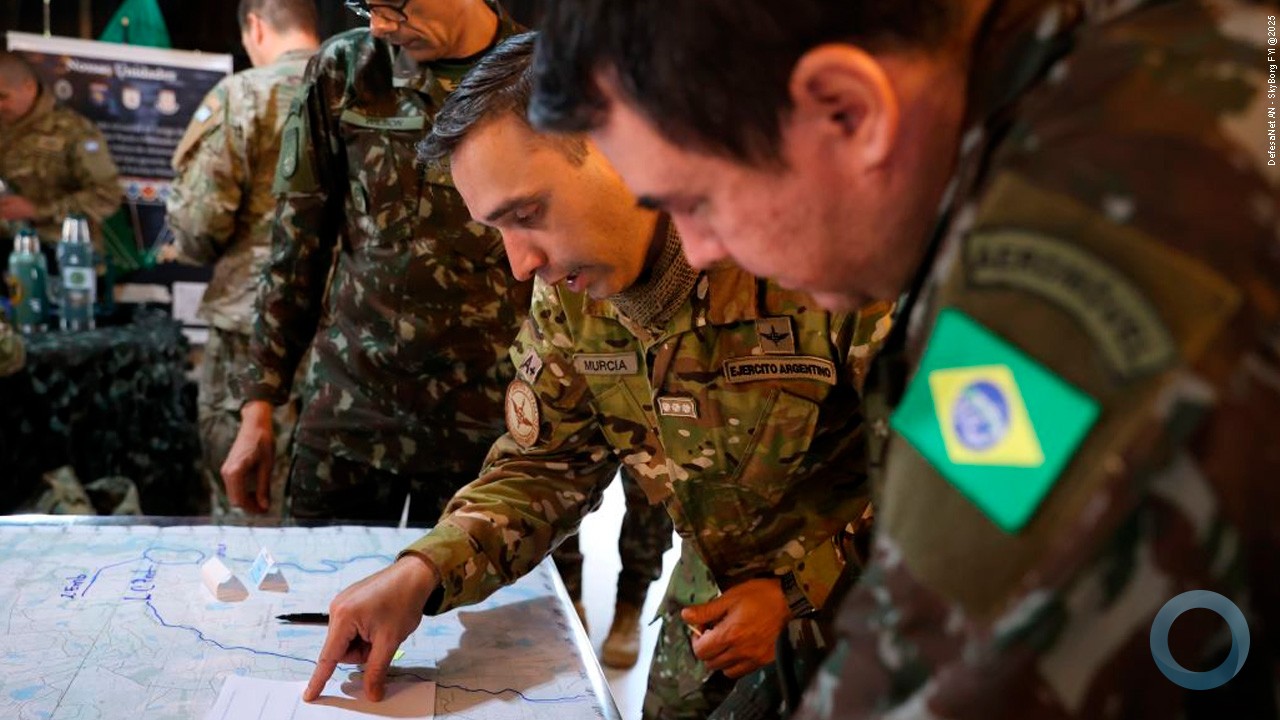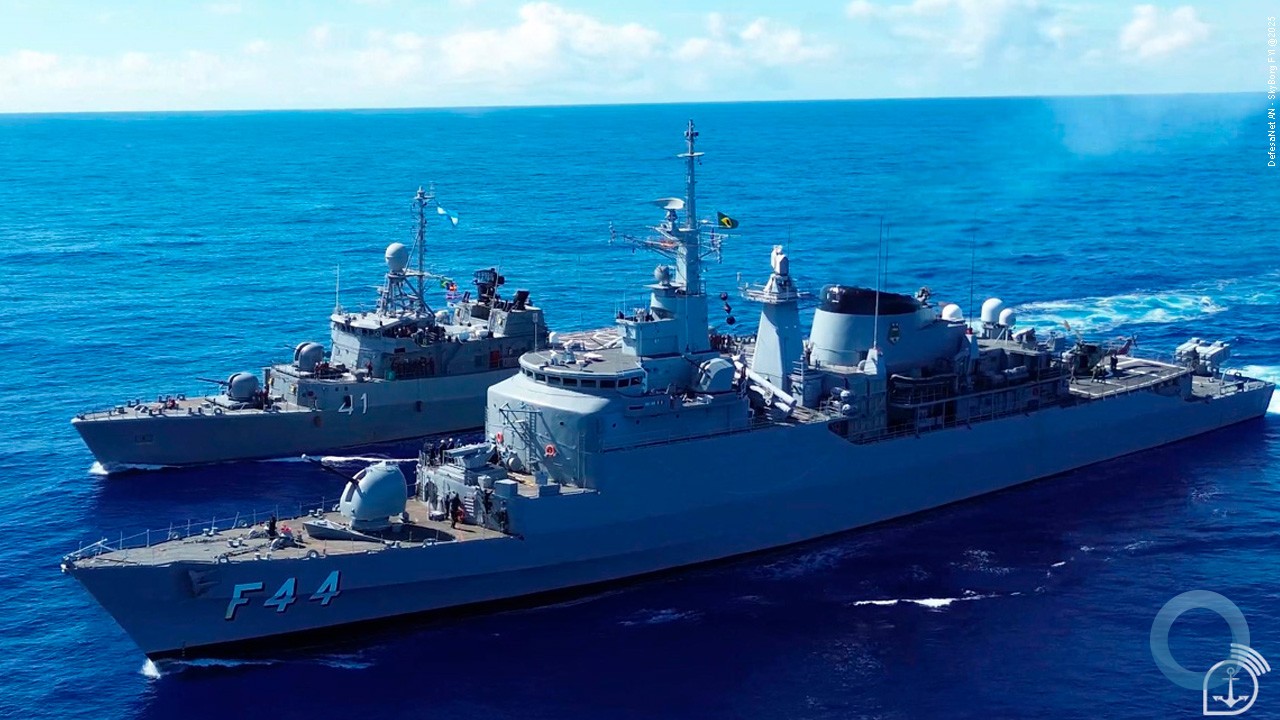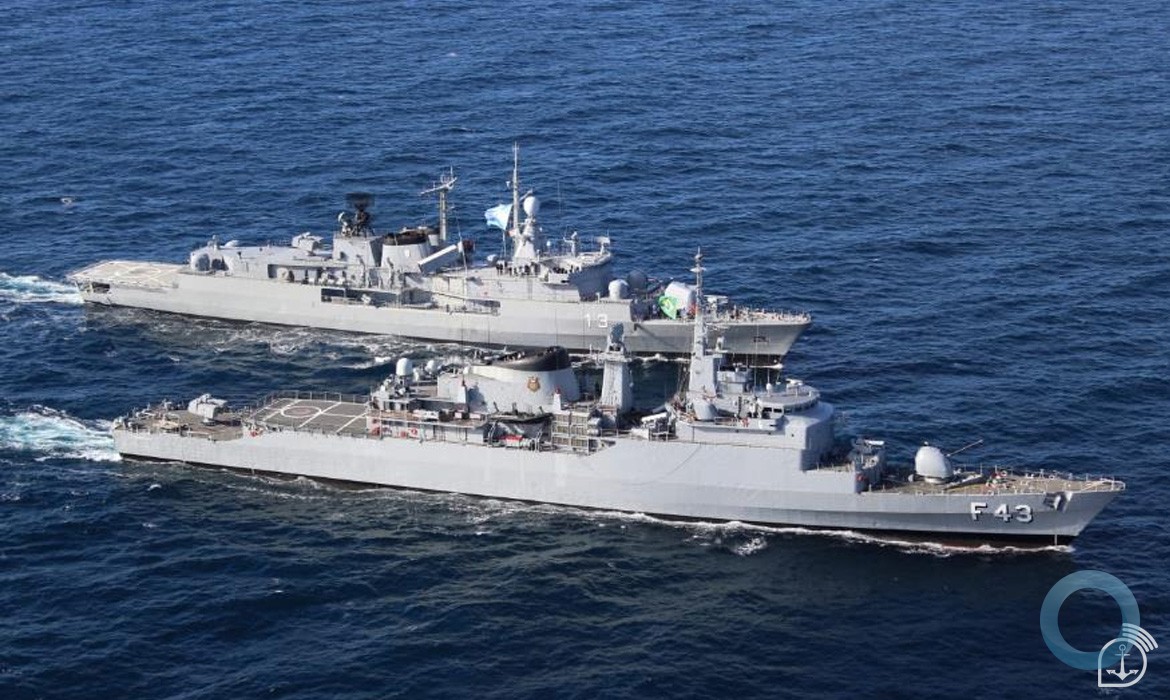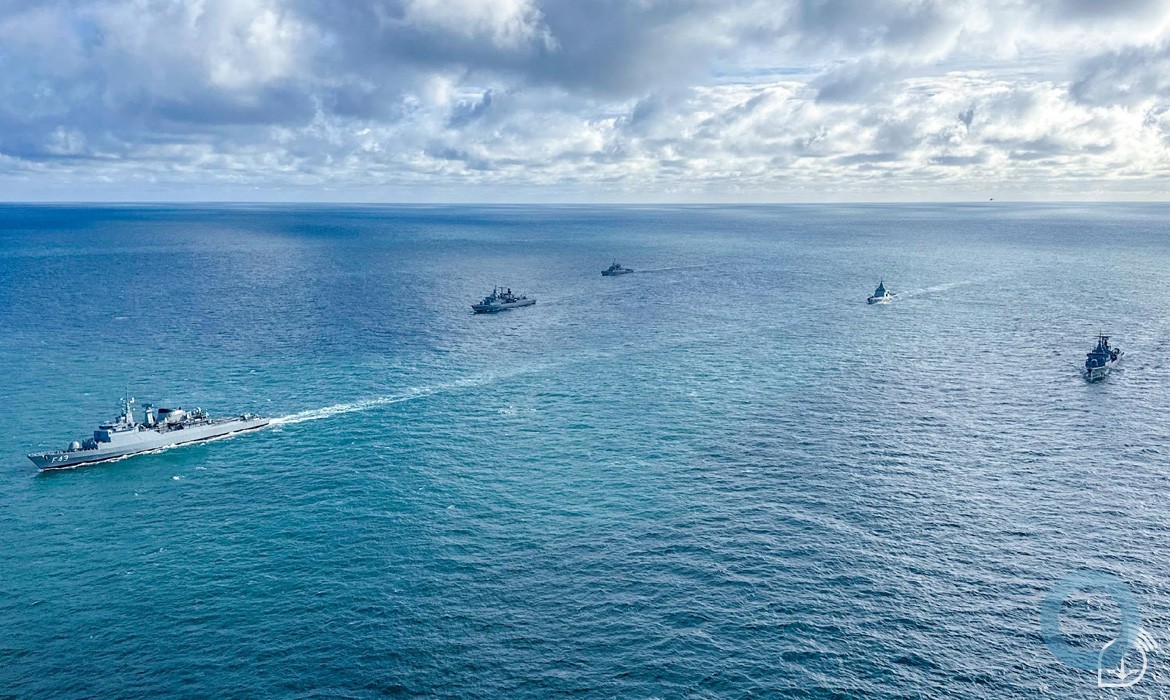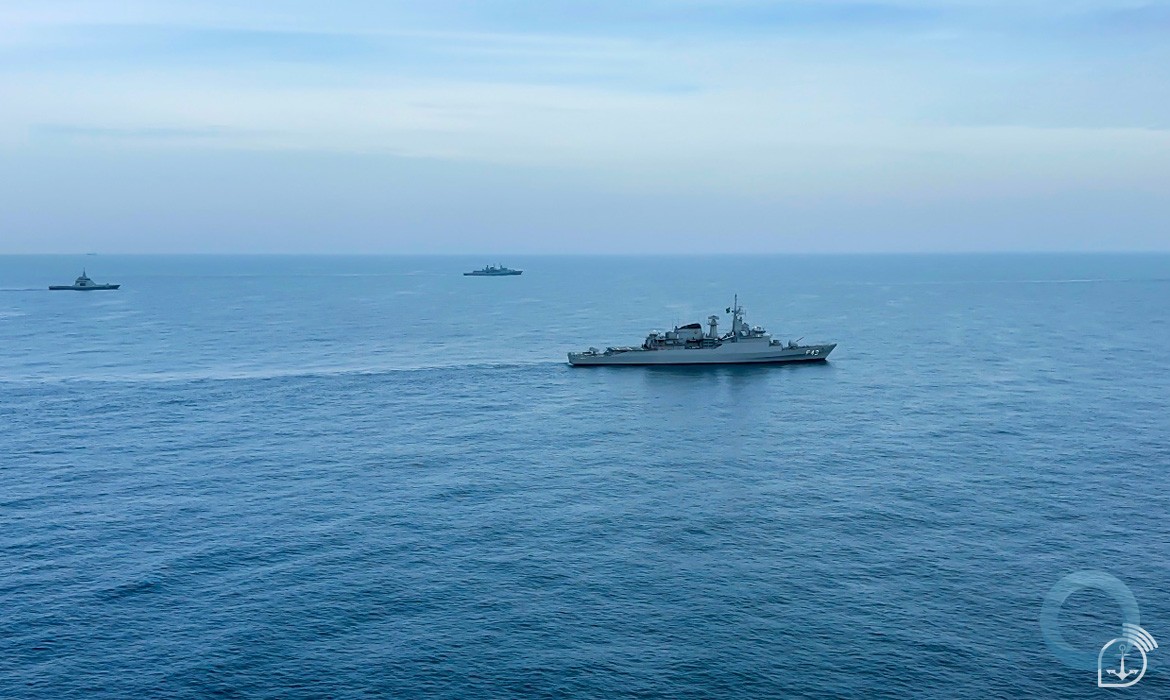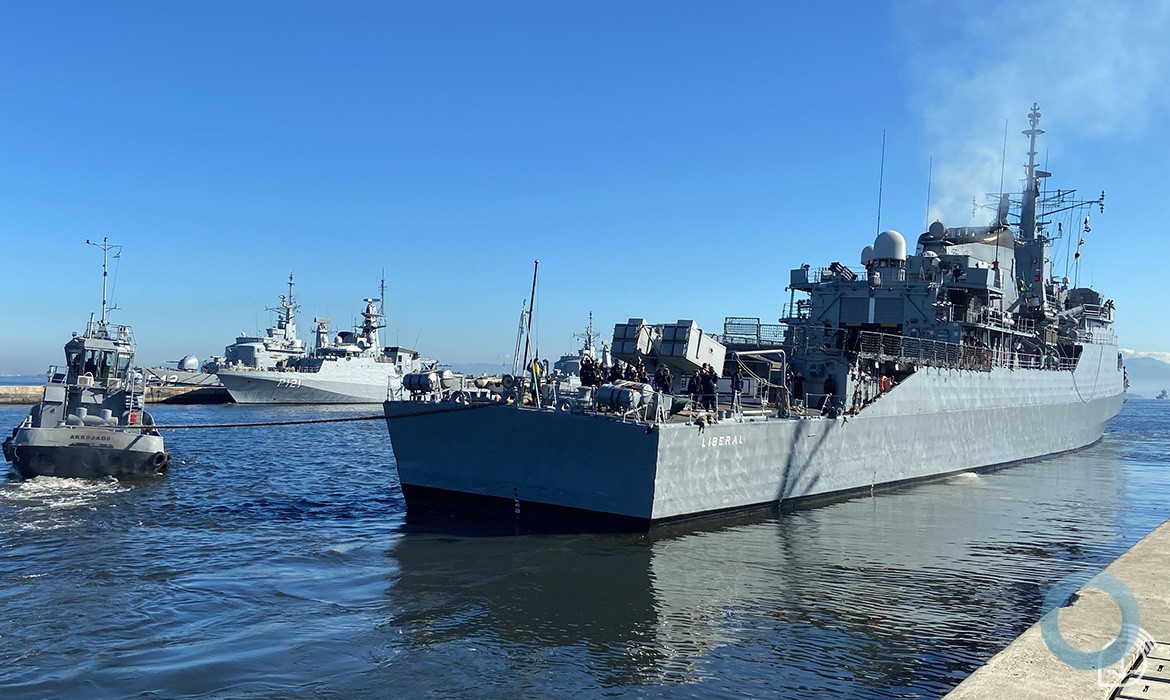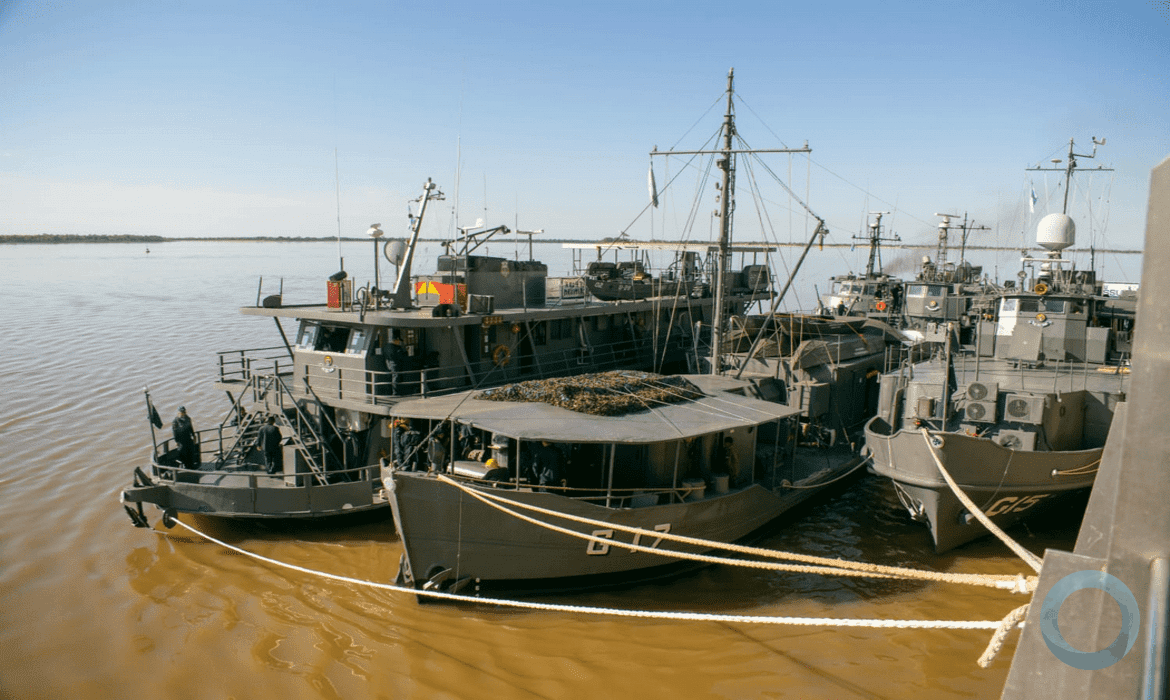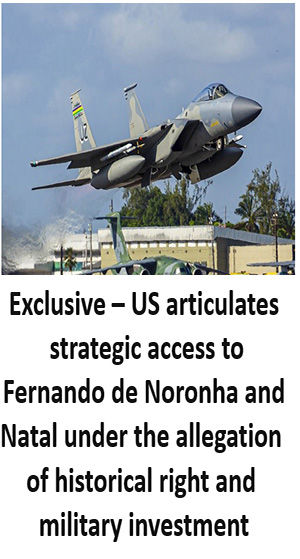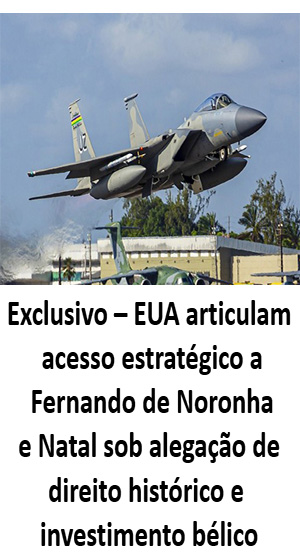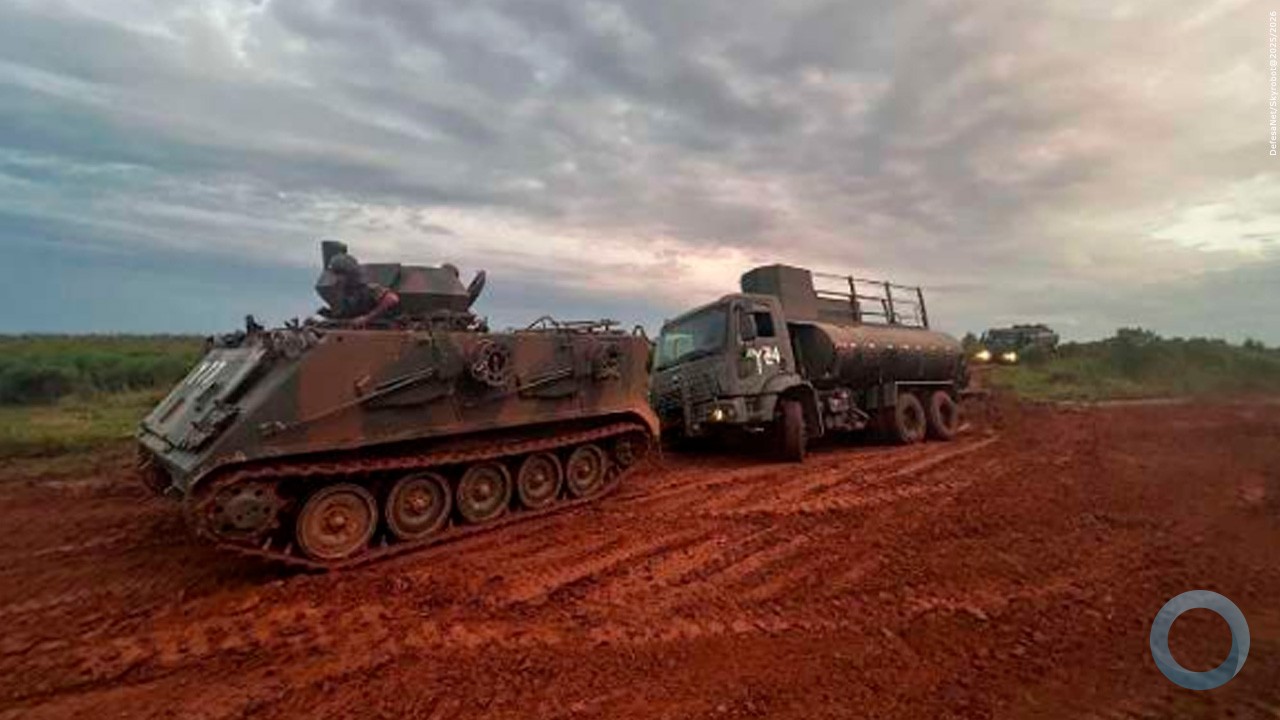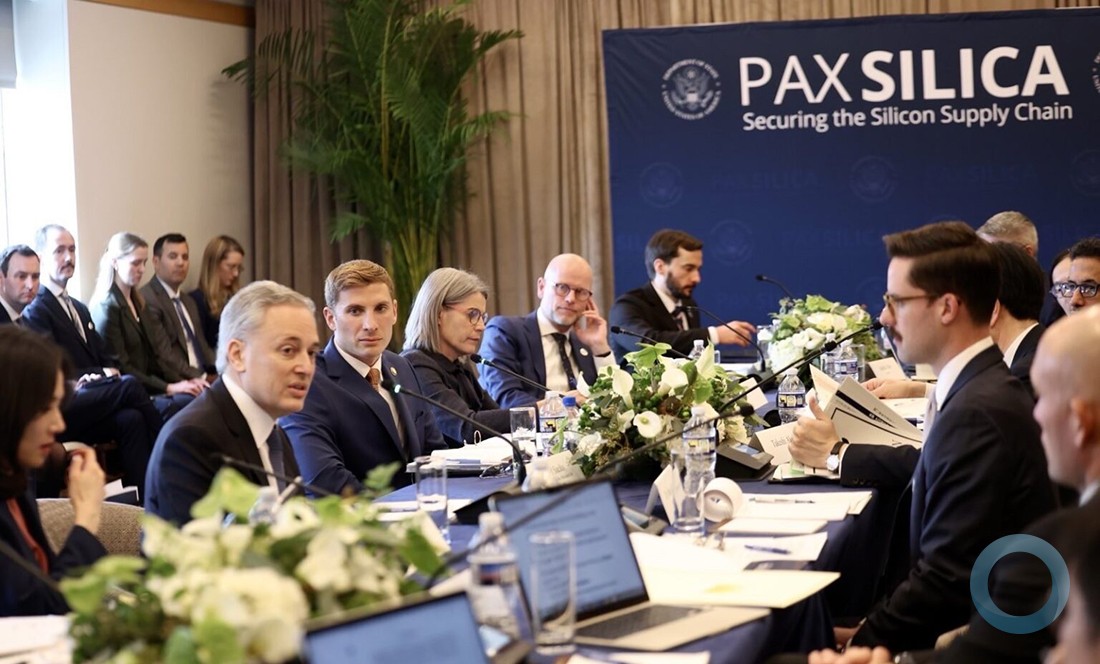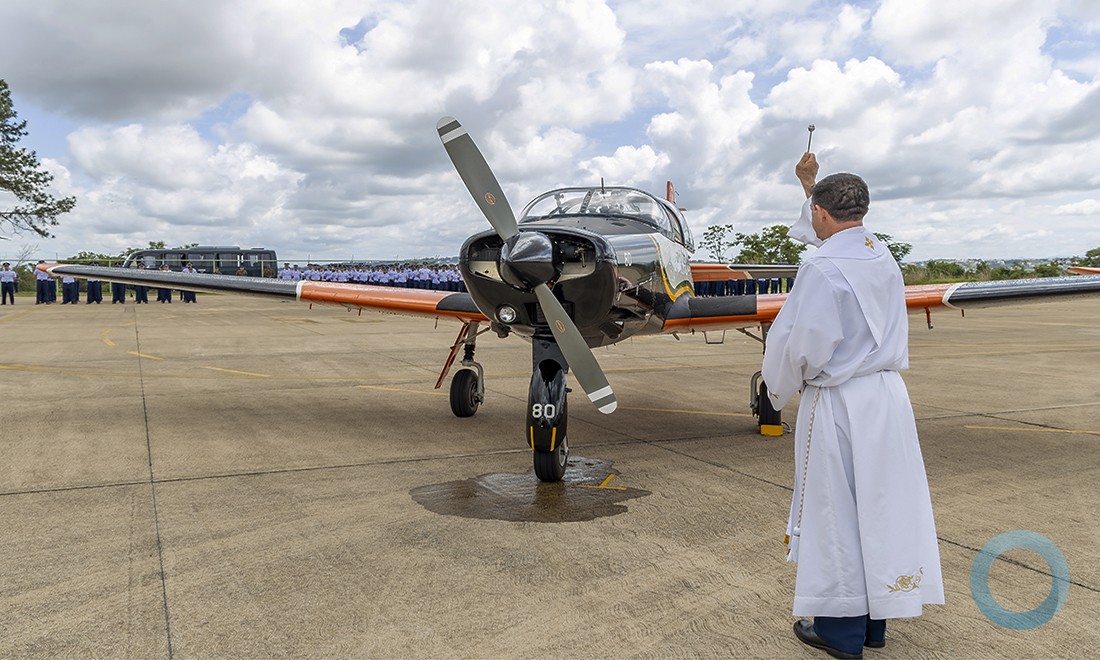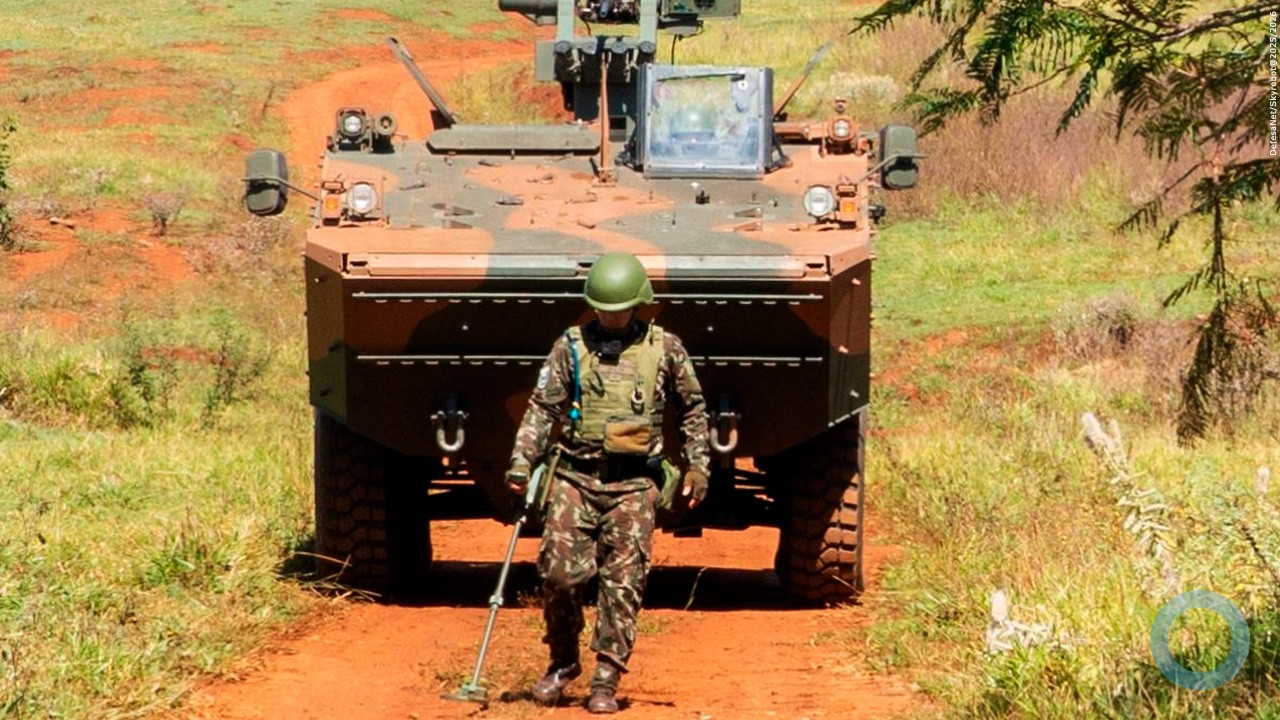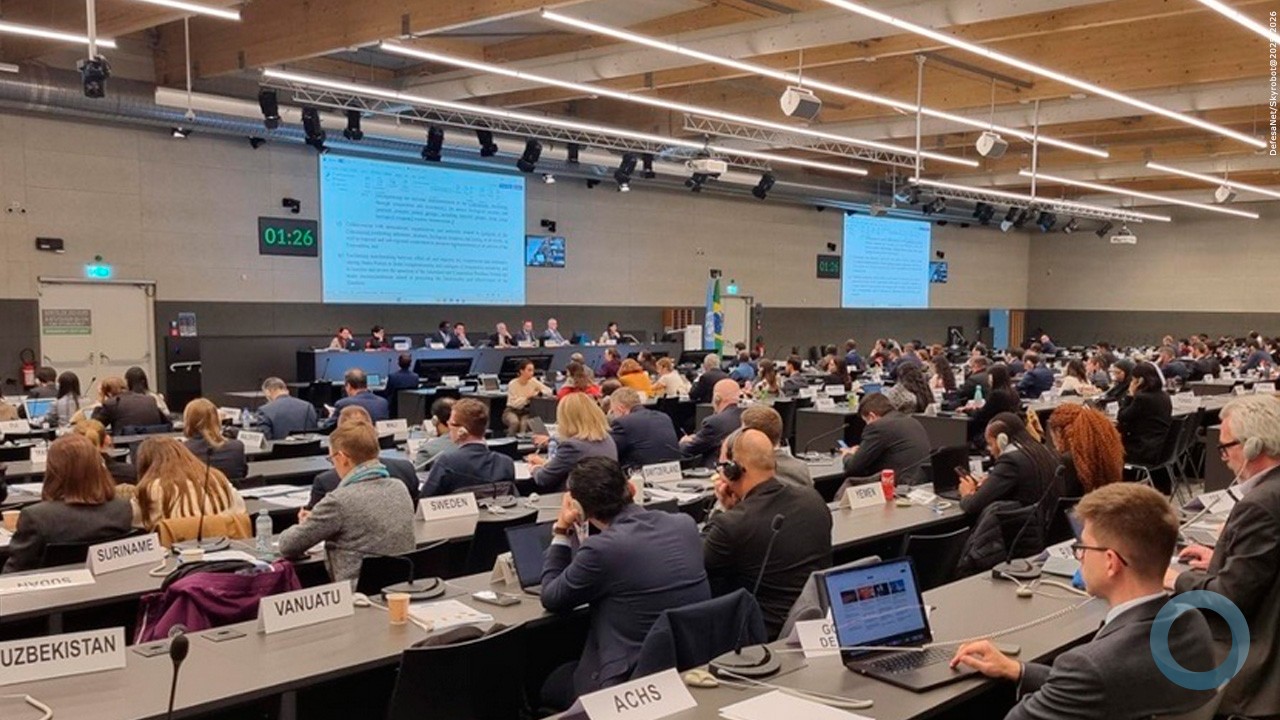Full of uncertainty, 'Strategic Alliance' with Argentines
can bring damage to Brazil
(Text in portuguese – BR-AR – ‘Aliança Estratégica’ com
argentinos pode trazer danos ao Brasil Link)
Roberto Lopes
Exclusive DefesaNet
robertojlopes@hotmail.com
The cooperation agreement between Brazilian and Argentine aeronautical industries pompously called "Strategic Alliance" – which can be the way for the transfer in the next decade, of 24 fighters EMBRAER Gripen NG for the Fuerza Aerea Argentina (FAA) – is still subject full of uncertainty about the chances of succeeding, but already produces discomfort in the relationship between Brasilia and London.
The Foreign Office (British Foreign Office) made on the subject, two verbal consultations and (still) the informal Brazilian diplomatic representatives – one during a British diplomat visit to Itamaraty (Brazilian Foreign Ministry), and another in London, during a meeting at the headquarters of the diplomatic service place, attended by Brazilian Embassy officials.
On both occasions the British expressed concern that in the future Gripen fighters produced in Brazil can be, in the hands of Argentine pilots and pose a direct military threat to the Falklands Islands (name by which British designate the Malvinas archipelago).
Brazilian response has always been that the Dilma Rousseff government is aware of the need to preserve regional stability, and therefore it is one of the most intransigent supporters of the Zone of Peace and Cooperation of the South Atlantic. In addition, the Workers Party (PT) Government is aware of the strong military ties that unite the two countries, and the use of British components on board the Swedish Gripen fighter (winners in December 2013, the competition known as F-X), is in the current time for close cooperation between the navies of the two countries.
Exocet – But such guarantees – which seemed only rhetorical and down hard by the throat of the English – not elude surveillance of responsible for the Falklands security.
The staffof the British Embassy in Buenos Aires – led by veteran diplomat John Freeman, a specialist in missiles and chemical weapons – considered fully possible that Brazil is cooperating secretly with Argentina in the production of sensitive weapons.
In recent months,European experts of the armaments industry had their attention drawn to the Brazilian Navy testing campaign, in May 2012 and August 2013, with a a national manufacturing engine replaced the old for surface-to-surface missile French origin MM-40 Exocet. Five and a half months ago, the Institute of Scientific and Technological Research for Defense of the Argentine government (Instituto de Investigaciones Científicas y Técnicas para la Defensa – CITEDEF),and the own Armada Argentina, admitted they are also developing a new engine to replace old in anti-ship Exocet missile.
In May Argentines held a bench test with the new booster rocket motor. The next step is to test the resistance of receptacle motor support. Buenos Aires military want to learn how to integrate the new engines on Exocet versions MM-38and MM-40 – service which, in theory, would enable them to later develop their own naval missiles.
EMBRAER concerned – In Brasilia-Buenos Aires axis, the theme of cooperation in the aeronautical sector was treated under complete secrecy during just over six months to be revealed in the third week of October, during the celebration that marked the roll out of the aircraft Cargo-Tanker Embraer KC-390 – aircraft whose several parts in composite are produced at Aircraft Plant Brigadier San Martín (FAdeA), in Argentine province of Córdoba.
Well before that, in the first half of the year, the EMBRAER direction contacted Brazilian Air Force Command tohave more information about the terms under which such “Strategic Alliance" would be presented to the public.
Leadersof the Brazilian company feared (even fear) an unfavorable reaction by Swedish company SAAB, the Gripen manufacturer with the novelty of the "Alliance" – and this discontent may result in limitations on the transfer of technology (ToT) that the government of Sweden undertaken to allow for the fighter production in Brazil.
EMBRAERexecutives also argued that the partnership with Buenos Aires could eventually lead part of reprisals from their European suppliers, especially if the company appear as protagonist of the partnership with the Argentines – in Europe seen also as aggressors, because of the invasion of the Falklands Islands in April 1982.
So, with the permission of President Dilma Rousseff, was taken to decision to draft a government according to government, involving the defense ministries of both countries.
ELISRA – In Brasilia, the Itamaraty (Ministry of Foreign Affairs) emphasized the need that company provide that the aircraft for the Argentines have their British and American components replaced by equipment produced in unrelated industries to the sales boycott military items Buenos Aires, as the Israeli and South African.
During the negotiations with Brazilian partners, Argentine mentioned as an alternative, specifically, the Israeli ELISRA Electronic Systems – a subsidiary of ELBIT Systems – already participating in the Pampa III training subsonic jet upgrade development program training (to roll out scheduled for October 2015), and South African DENEL Aviation, a company that provides maintenance for fighter Gripen C/D of South African Air Force( SAAF).
The Argentine military admires Elisra company qualification in the sector of military avionics, and specifically, sensors for Radar, electronic warfare suites and flares and chaffs syetms . Among these products, one of the most striking today is the system Alert Radar SPS-1000V-5FB, which operates integrated with a radar framework of targets and dispensing system of flares and chaffs.
This threat identifier system provides the pilot, in a three inches display, the type of information and the approach angle of threat, and an estimation of its ability to inflict damage.
Turbine- "Strategic Alliance" arise, however, many other questions, the first one about the status that Buenos Aires come to think occupy this deal: if the client or partner.
At first, what Brazilian brigadiers realize is that the Argentines are strongly interested to participate in the fighters construction, providing parts (possibly structural) that would be produced in FAdeA plant in Cordoba.
Another serious problem is the supply of the turbine for the Argentine Gripen.
The first idea, is that this turbine to be manufactured in GE-CELMA facilities, located in Petropolis (Rio de Janeiro) – it's been assembling the turbines of Embraer E-Jets – it seems somewhat optimistic.
Civil and official experts from the Brazilian Air Force feed certain questions about getting foreign components to produce a turbine destined for a supersonic fighter the Air Force Argentina.
Also because the GE-CELMA is not a engine plant but a MRO company for military and civilian aircraft engines, which work with EMB170/190 Embraer Family.
The Argentines also reported they expect to receive their first Embraer Gripen in 2026 year.
At this moment FAA is negotiating with IAI (Israel Aerospace Industry) the acquisition of a batch of Kfir fighters C-10 used at different stages of modernization. It is true that part of this upgrades will be made in Córdoba aircraft plant, a task that the Argentines understand how requalification of your industry to deal with high performance military aircraft.
The Kfir is defined by the Argentines as a "transitional aircraft" capable of compose a defense squadron air for a minimum of ten years. From the time of its delivery, scheduled for mid 2016.
DefesaNet Note
'Strategic Alliance was officially signed on October 21, by the Brazilian and Argentine Defense Ministers, Celso Amorim and Agustin Rossi, during Cargo tanker KC-390 roll-out event in Gavião Peixoto, EMBRAER plant.
Early in the same day Buenos Aires press leaked the deal for 24 Gripen fighters with Brazil.
In the press conference after the Gripen contract announcement with Brazilian Air Force, SAAB VP Lennart Sindahl ignored all questions about possible deal with Argentina. (see Press conference transcription in English Link)
Strategic Alliance document was not released to the public until this date.
Related Materials
Brasil e Argentina assinam acordo para fortalecer cooperação aeronáutica Link
KC-390 – A Participação da Argentina Link
KC-390 – FAdeA Inaugura Linha de Produção de Componentes Outubro 2014 Link
SAAB – Transcription Teleconference with Lennart Sindahl Link






